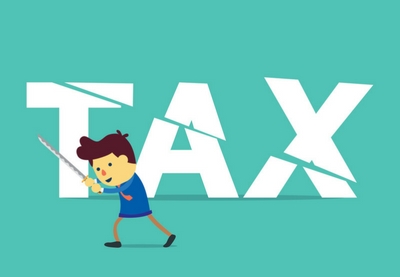Help Cover Your Losses by Amending Your Tax Return
–
August 14, 2024

If you have a casualty loss from a disaster in a Presidentially declared disaster area, you may be able to amend your previous year’s tax return to reflect that loss. For example, if you suffered property damage as the result of a disaster this year, you may be able to amend last year’s tax return. By claiming a qualifying loss on a previous year's tax return, you can reduce the tax for that year, which can result in, or increase the amount of, a refund.
If you choose to deduct your loss on an amended return, include a statement stating you are making that choice. The statement can be made on the return or can be filed with the return. It should specify the date or dates of the disaster and the city, town, county and state where the damaged or destroyed property was located at the time of the disaster.
Before amending a tax return, take the time to determine whether it is financially wiser to deduct the losses from your previous year’s or current year’s tax return. Also, keep in mind that casualty losses are not deductible on New Jersey income tax returns since New Jersey is a gross income tax state, meaning taxpayers are taxed on their gross income with no itemized deductions allowed.
For more information, see pages 11 and 12 of IRS Publication 547: Casualties, Disasters and Thefts, which can be downloaded at irs.gov/forms-instructions.
The information in this guide has been gathered from many sources, including the Internal Revenue Service, the Social Security Administration, state agencies, professional organizations and members of the NJCPA. The majority of state agencies offer online and prerecorded services. It’s best to check online or call before you visit.
Material contained within this guide should be augmented by, and used in accordance with, a certified public accountant's professional judgment. Your CPA can properly apply the tax laws and regulations to the facts and circumstances of your particular situation. For help with locating a CPA, visit findacpa.org.
The New Jersey Society of Certified Public Accountants is not responsible for any claims arising as a result of this information or its usage.
This guide was updated in August 2024. Future users of this material are cautioned that some portions, particularly tax-related information, may become outdated.